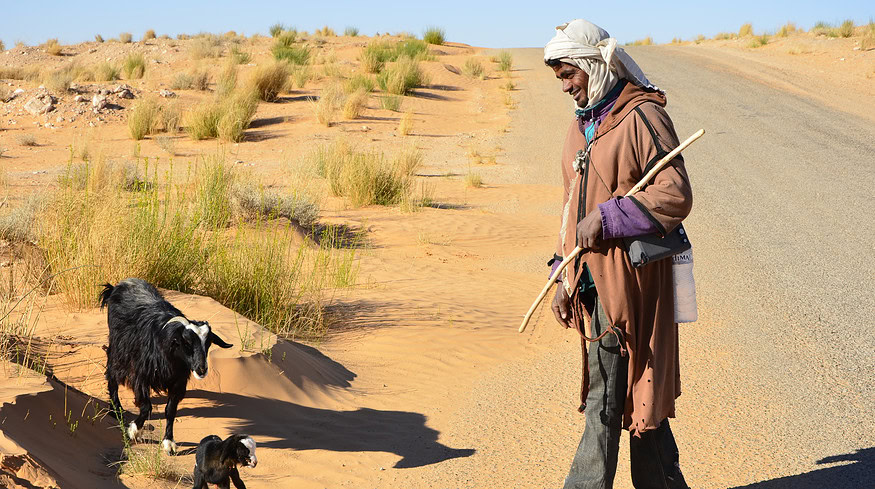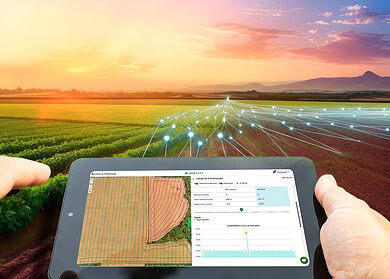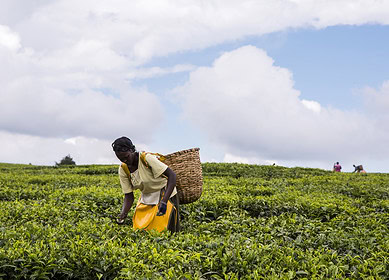Collaborative efforts by CNH and Oxfam promote resilience and inclusion in Africa

CNH has partnered with Oxfam to support two significant social projects in Africa, aimed at fostering sustainable development and social inclusion.
The first initiative, the Sumud Project in Tunisia, focuses on micro, small, and medium-sized farms. This three-year project seeks to promote sustainable and inclusive economic growth in the governorates of Sfax, Mahdia, Siliana, and Tozeur. Named after the Arabic word for “resilience,” Sumud will implement development plans for MSMEs and social enterprises, particularly those led by young people, women, or people with disabilities in the agricultural, tourism, and artisanal sectors. The project aims to support approximately 1,000 individuals in the most vulnerable communities.
CNH, in collaboration with Oxfam Italy, will provide financial, technical, and training support to develop innovative crisis-management strategies for these businesses. Several public and private Italian bodies and Tunisian associations, including Fondazione AVSI, Regione Toscana, SHANTI, and APAD, also support this initiative. It is co-financed by the Italian Agency for Development Cooperation.
As a member of the Advisory Committee, CNH will actively participate in selecting agricultural enterprises and subsequently provide its expertise, technology, and training programs to support participants’ development and promote the socio-economic integration of young people and women. The ongoing political and economic crisis in Tunisia has significantly impacted SMEs in the agriculture, tourism, and handicraft sectors.
Roberto Barbieri, General Director of Oxfam Italy, emphasized the importance of gender justice in achieving economic, social, and environmental justice. He pointed out that women face discrimination and inequalities daily and constitute the majority of those living in poverty. He expressed optimism that CNH’s contribution to the Sumud Project in Tunisia would positively impact the lives of women agricultural entrepreneurs and local communities.
The second initiative, Oxfam’s Social Factory Project, is based in Ekurhuleni, South Africa. Initially established as a waste management program in 2009, this project focuses on developing skills and creating new jobs in waste collection. It aims to integrate informal waste pickers into the municipal waste management system, safeguarding both people and the environment.
South Africa has between 60,000 and 200,000 waste collectors, predominantly women, who work under challenging conditions with significant gender inequalities. The Social Factory Project aims to directly assist 1,200 people and improve living conditions for over 300,000 individuals and households.
Both projects align with the United Nations Sustainable Development Goals, specifically SDGs 8 (Decent Work and Economic Growth), 10 (Reduced Inequalities), 12 (Responsible Consumption and Production), and 13 (Climate Action).
Enjoyed this story?
Every Monday, our subscribers get their hands on a digest of the most trending agriculture news. You can join them too!












Discussion0 comments